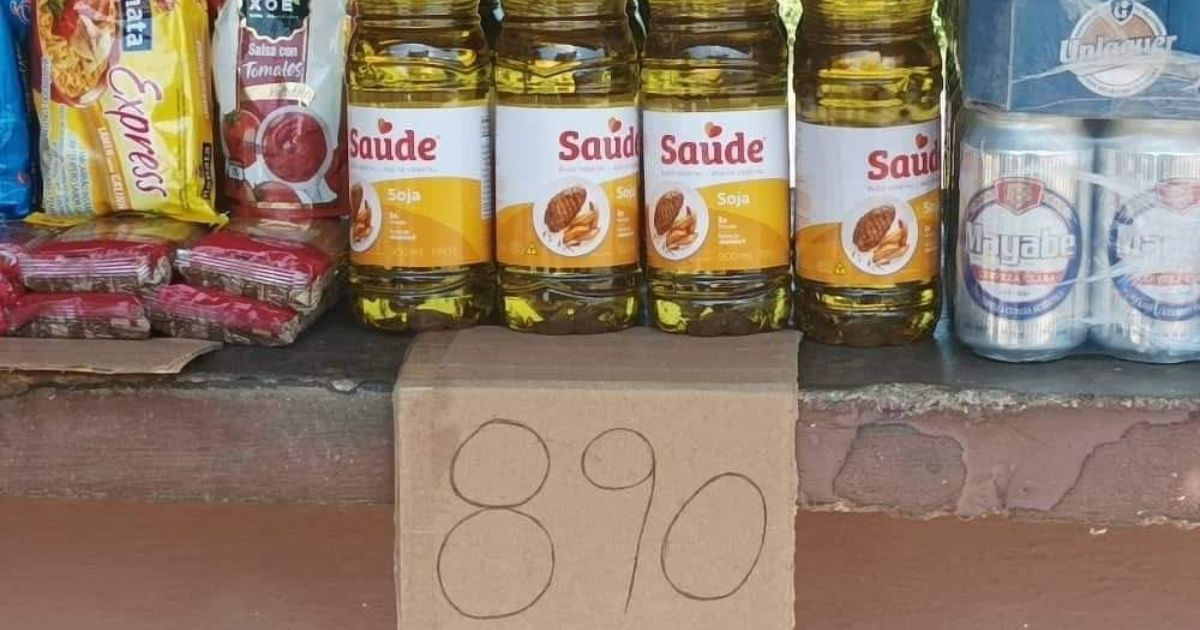
The government of Las Tunas closed 12 micro, small, and medium enterprises (mipymes) for violating the resolution that temporarily regulates the maximum retail prices for the sale of six basic products in high demand.
The government-aligned newspaper Periódico 26 reported that “in those 12 locations, there was a forced sale of the items they had in stock and were not selling.”
Additionally, it was noted that the most common violations detected included setting prices above the permitted levels, failing to use electronic payment channels, and concealing products subject to control. As a result, a total of 52 fines were imposed.
The official news portal reported that, through citizen complaints, it was confirmed that following the publication of the resolution in the Official Gazette of Cuba, certain products suddenly disappeared, especially chicken.
"In other places, they reported, the price exceeded the maximum specified in the legal regulations," emphasized Periódico 26.
However, the official website acknowledged that some self-employed workers have also reached out to the newsroom to express their concerns, as the indicated price did not allow them to cover the cost at which they had previously acquired the chicken. This issue has not been addressed by the regime, which imposed the measure without taking factors such as their investment into account.
Finally, the regime used the newspaper as a spokesperson to disseminate various communication channels for reporting violations of the resolution that regulates prices, inviting citizens to take advantage of them, referring to this old method of reporting as "popular control."
Last Thursday, the regime shut down 15 small and medium-sized enterprises (SMEs) that had irregularities in their accounting.
Judith Navarro Ricardo, a legal specialist at the National Office of Tax Administration (ONAT), revealed that accounting mismanagement was detected, such as treating equipment purchases as direct expenses rather than inventory, which artificially reduces the company's profits.
Recently, fines were also imposed on non-state economic entities that violated the price caps set on six essential items.
However, recently, the Council of Ministers approved six decree laws, which will be presented to the Council of State, updating the legal provisions for micro, small, and medium-sized enterprises (mipymes), self-employed workers, and private sector companies in Cuba.
"Contrary to what the enemies of the Revolution claim, this is not a crusade against small and medium-sized enterprises or against non-state management. These are policies approved at the Congress of the Communist Party," said Manuel Marrero, Prime Minister of Cuba, regarding the new decrees.
Filed under: